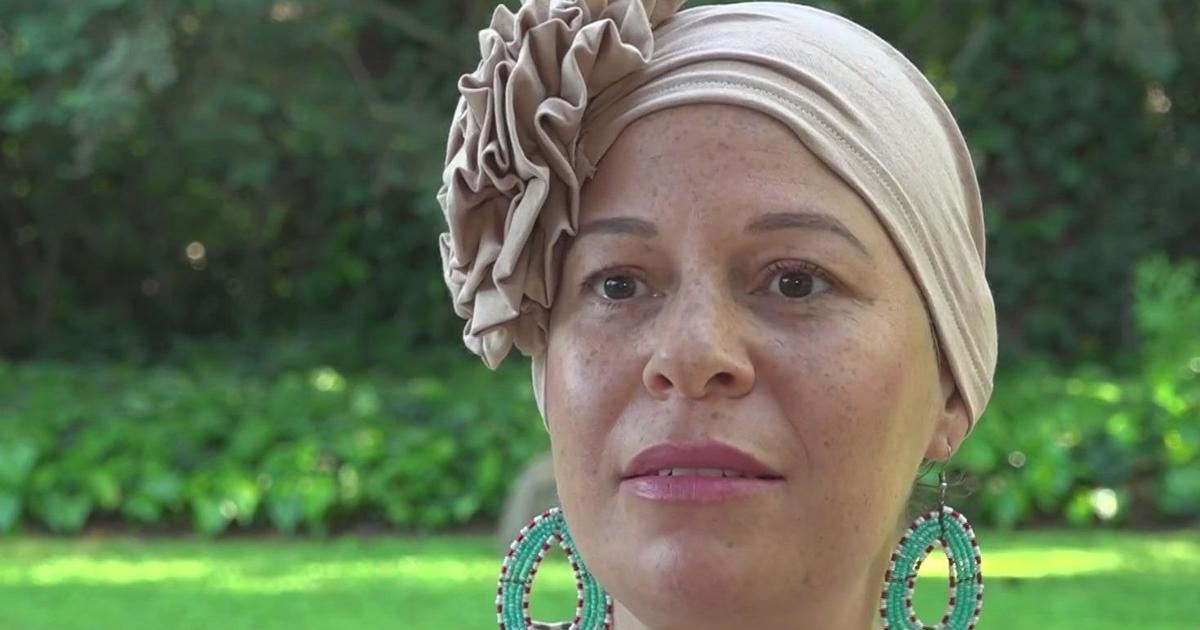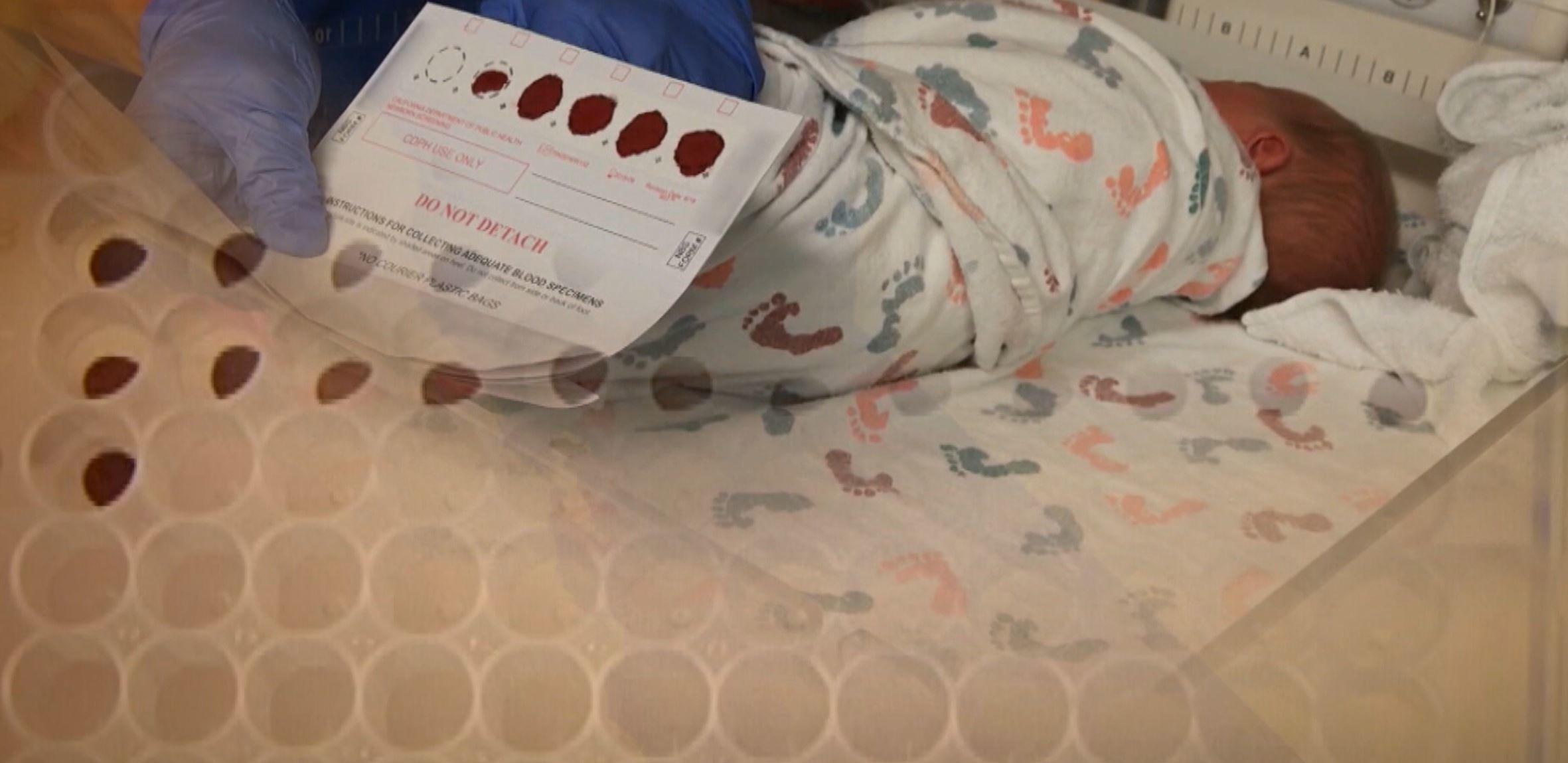Call Kurtis: How Did My Stock Expire?
ELK GROVE (CBS13) -- Buying and selling stocks is always a gamble. But when an Elk Grove viewer noticed his stock symbol disappeared from NASDAQ, he wanted to know how to cash in his shares. When he couldn't get answers, it was time to call Kurtis Ming. That company went private and we've learned he had a five year window to cash in his shares. But he says no one told him. Is it too late?
Stevie Chiu paid $3,600 for 200 shares of Corel stock back in the year 2000. Recently he checked NASDAQ to see how the software company's stocks were doing.
"I was looking online, trying to look up the ticker symbol. I couldn't find it," Chiu tells us.
Chiu then learned the company went private in 2010. Most shareholders could cash in their shares for $4 per share. So Chiu called the company to cash in his stock, but says they won't respond.
We called Corel which told us the company actually went private twice. The company was public when Chiu bought his shares. It went private in 2003, became public again in 2006, and then went private again in 2010. Corel tells us Chiu missed the first privatization in 2003, in which shareholders could have cashed in for $1.05 per share. Chiu would was eligible to receive $210. But Corel tells us he only had until 2008 to act and that his stock certificate is now expired.
Corel says it notified shareholders in the mail.
"I was totally shocked and I did not receive anything from them back then," says Chiu.
So what happened to the money? According to a document we obtained from the U.S. Securities and Exchange Commission anything that wasn't claimed was returned to Corel. But then what happens to it? Corel couldn't tell us.
We know each state has an unclaimed property program. We wondered if the funds ended up there. Our search of the California's database turned up nothing. But should Chiu's payout have ended up with the state?
The State Controller's office which oversees the unclaimed property program says that's not quite clear because Corel is based in Canada. Around the time Chiu purchased the stocks, the law didn't require foreign companies to send unclaimed property to the state.
The lesson here, says investment advisor Kimberly Foss, don't ignore your investments.
"You should really be touching your portfolio at least once a year, if not more," says Foss.
After we got involved, Corel agreed to send Chiu about $1,200 of the company's software, which is well more than the $210 he would have received if he got the payout. It's not cash, but he says, it's better than nothing.
"Right now, I have no choice. You know, I get whatever I can get."
We are still waiting for answers from Corel on what happened to that money and whether the company can keep it. The company says the only person that can give us the answers was out this week.
Statements from Corel:
Corel went private the first time in August 2003. Stevie's stock certificate was dated June 2003. There was a five year period from August 2003 during which Stevie was eligible to receive payment for his 200 shares in connection with the 2003 take private transaction. Corel went public again in 2006 and was then taken private a second time in 2010. Because Stevie's stock certificate expired in 2008, he was not eligible for any proceeds under the 2010 take private arrangement. On both occasions, Corel was taken private by Vector Capital, a private equity firm based in San Francisco.
I am not sure why Stevie would not have heard about the first privatization. For any take private transaction, there is a rigorous process followed to ensure that all potential stockholders receive notification of the transaction together with a detailed proxy statement. In Corel's case, and consistent with SEC disclosure requirements, we issued several press releases to inform stockholders of the pending take private transaction and provided regular updates through our Investor Relations website. These mechanisms are commonly used to communicate with stockholders so that they are aware of relevant changes and can take action accordingly.
Unfortunately, I don't have specific insight into how many mailings would have been sent to Stevie specifically, but we issued several press releases, mailed out proxies to the addresses we had on file and posted regular updates to our Investor Relations website where stockholders could access all information pertaining to the take private transaction.
We are sending Stevie full versions of CorelDRAW Graphics Suite X5 Premium Edition, Painter 11 as well as VideoStudio Pro X4. We just released VideoStudio Pro X4 so I am waiting for the software to arrive in the warehouse on March 1 and will ship the full kit out to him next week. The total value would be approximately $1200.
Catherine Hughes
Senior Director, Corporate Communications
Corel Corporation
Statement from California State Controller's Office:
These shares would not appear to be subject to the unclaimed property laws.
The Unclaimed Property law, by its own terms specifically excluded any instrument issued in a foreign company as well as any funds held in a foreign country from 1959 through 2004. Effective in 2004, the exemption was repealed. However, the issue as to whether California has jurisdiction to enforce its laws to corporations based in foreign countries remains questionable. Assuming that California did have jurisdiction, the question becomes whether the property was required to be turned over and, if so, what the value of that property would have been on the escheat date.
Escheat occurs when the corporation holds property in the form of stock if
(1) the owner failed to claim it after 3 years from the date it becomes payable and (2) the corporation does not know the location of the owner at the end of the 3 year period. As applied to this case, Mr. Chiu was given 5 years from August 2003 to receive payment for his 200 shares in connection with the 2003 take private transaction. We do not know whether the corporation did not know the whereabouts of Mr. Chiu during this period of time. For example, it is possible that Mr. Chiu received all communications from the corporation during the five year period and, if so, the property would not be subject to escheat.
If the corporation did not know the whereabouts of Mr. Chiu, the focus is on the date of last contact with Mr. Chiu. The date of last contact begins the 3 year period. It is worth noting that, so long as mail from the corporation was not returned by the post office as undeliverable, the presumption is that the corporation knows the location of the owner. Since the exemption for foreign corporations was repealed in 2004, the 3 year escheat period, if applicable, could not have started until that year assuming further that the corporation did not know his location.
Finally, assuming for sake of argument that the stock escheated on or after the redemption date of 2008, the amount to be escheated would have been zero since that was the value of the publicly traded stock at that time.
I do want to point out that Controller John Chiang has been working aggressively to return unclaimed property that is currently with the State to the rightful owners. Since his first term in office, the Controller sponsored legislation to give his office the authority to contact all property owners once the property has been sent to the State and to notify all owners of property six months before the business is required to turn that property over to the State. In the past, the Controller's office was only able to notify less than 20 percent of property owners.
In addition, the Controller established an Unclaimed Property Owner's Bill of Rights and Office of the Property Owner Advocate, whose responsibility is to assist individuals whose claims have not been resolved in a timely manner and identify further reforms necessary to improve the Unclaimed Property Program.
The Controller established a government outreach program last year to help financially struggling local and state agencies recoup money they are owed. Starting in February, the Division of Unclaimed Property sent notices to 58 counties, 479 city agencies and 156 state agencies urging them to claim property his office was holding for them. That outreach resulted in the return of more than 5,600 properties valued at $3.5 million to city, county and state agencies as of January 19, 2011, and the outreach continues.
As a result of the Controller's efforts, his office has mailed out more than 5 million notices to property owners since he took office. Without his reforms, only 490,000 notices would have been sent. Also, the Controller notified all property owners with value of $50 or more that has been sent to the State since 1989 and who had not been previously notified.
Because of the notices, last year, 40 percent of owners of securities got their securities back from the business holder before they were sent to the State as unclaimed property. The Controller has returned more than $1 billion in cash over the last 4 years.
He is currently pursuing legislation that would restore the payment of interest on unclaimed property, and to increase the time businesses should hold inactive safe deposit boxes from three years to five years, and require that they send two notices to owners before sending the property to the State.
Garin Casaleggio
Deputy Communications Director
California State Controller's Office



